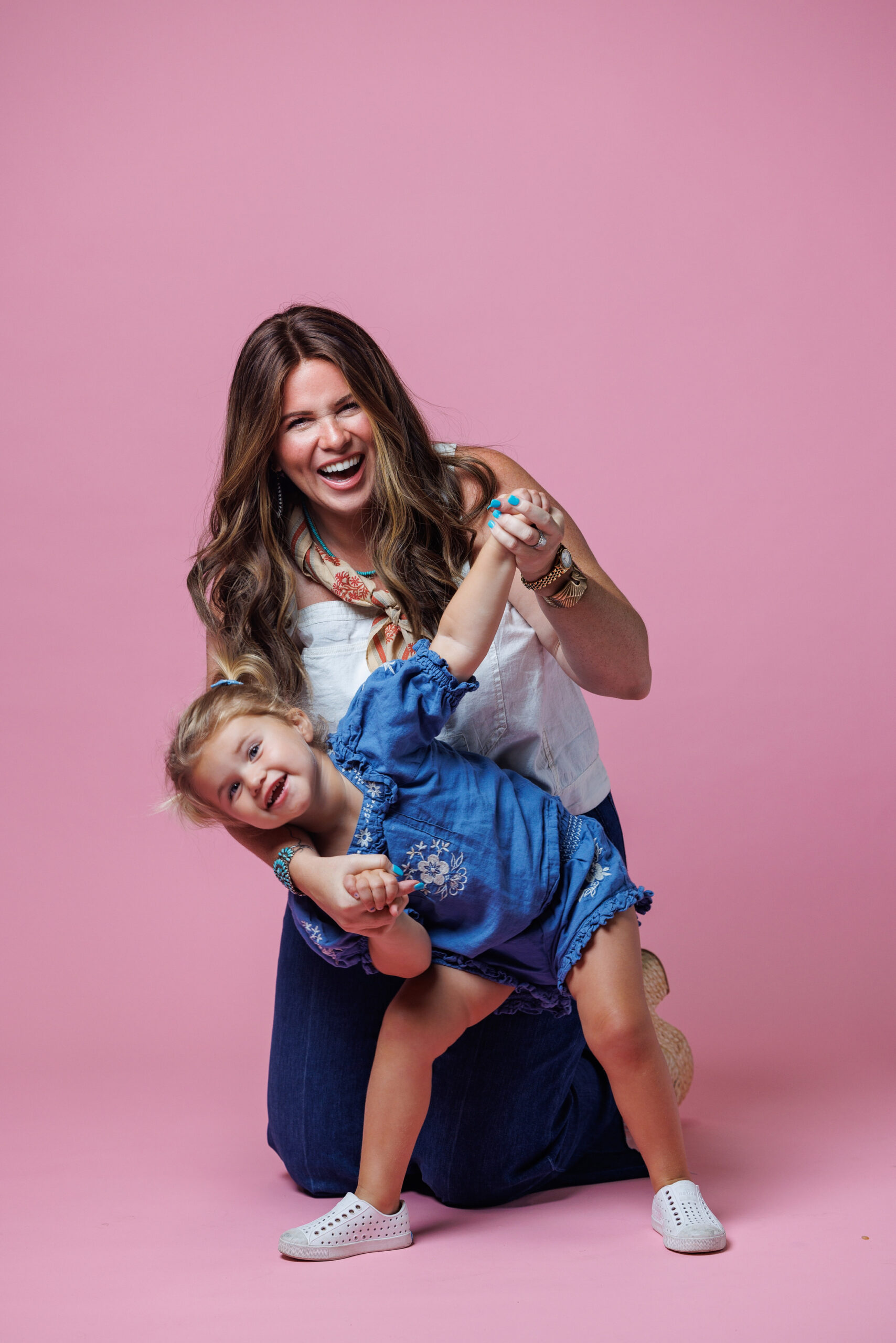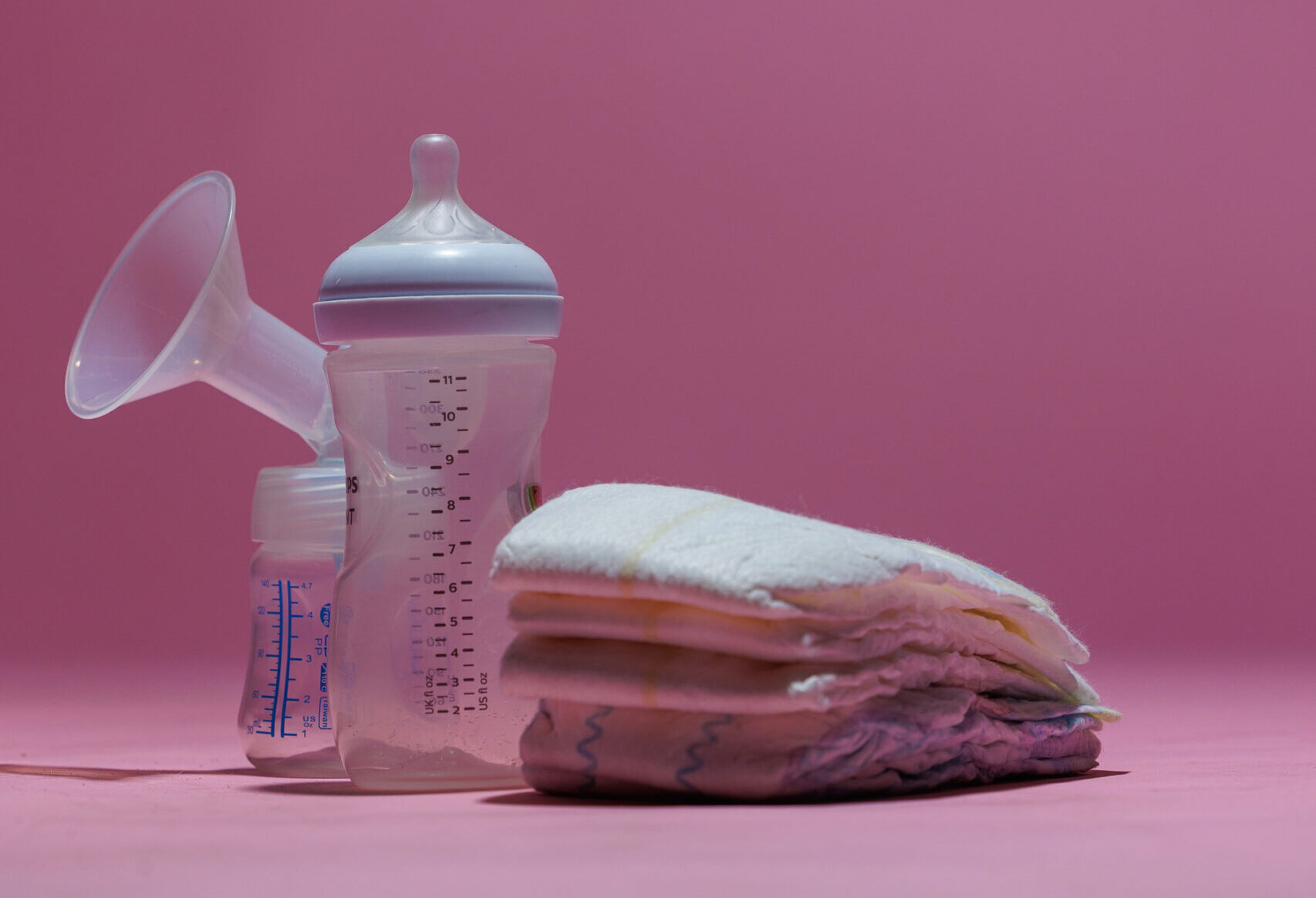
Woman’s Hospital’s new Perinatal Mental Health Unit aims to help moms heal
Ainsley Britain’s entry into motherhood was nothing like she’d expected.
The 33-year-old author gave birth to her first child, a girl named Goldie, in January 2022 at Woman’s Hospital in Baton Rouge.
With Goldie’s arrival came all the first-time-mom requisites: middle-of-the-night feedings, endless diapers and the uncertainty of if she was doing it all right. But these challenges soon took a darker turn.
|
|
About two weeks after Goldie was born, Britain says she began to feel extremely depressed and anxious while she breastfed her daughter. But once the feeding was over, she’d feel better—until it was time for Goldie to eat again, about three hours later, around the clock.
The thoughts gradually became more sinister and intrusive, Britain says. And about three months in, she says she experienced her first suicidal thought, while Goldie was eating, latched to her breast.
“I would be bawling-crying and breastfeeding, and people are trying to tell me that it’s so magical,” she says. “And I was like, ‘This is my nightmare.’”
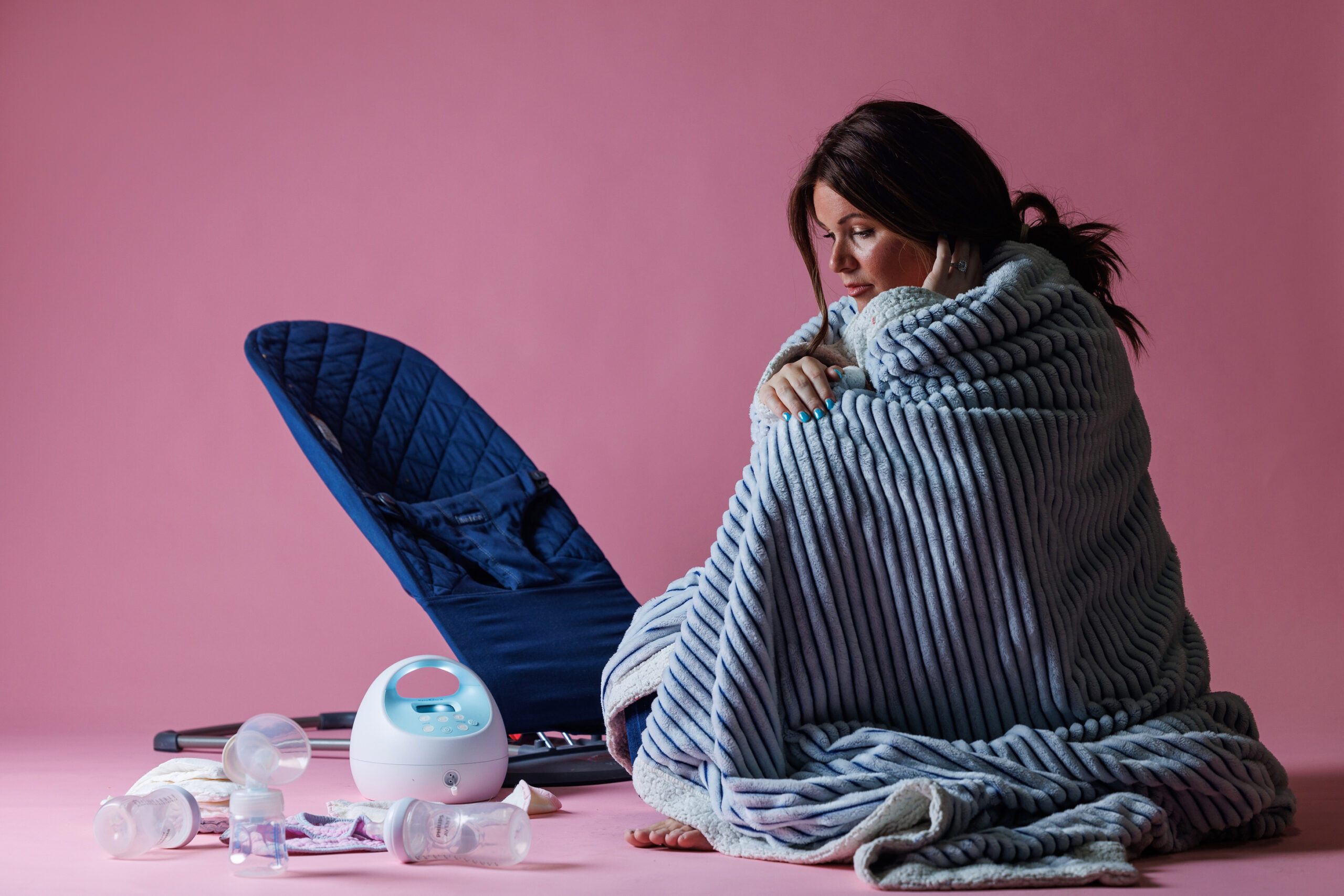
Britain was diagnosed with dysphoric milk ejection reflex, or D-MER, a condition that causes sudden and intense feelings of sadness, anger, dread and self-hatred just before milk is released.
There’s still a lot to be learned about the condition, but researchers estimate it impacts about 5% to 9% of lactating people. It’s one of many perinatal mood disorders that affects women.
It’s estimated that one in five women is impacted by some form of mental health condition while she is pregnant or during her postpartum period. The conditions are in large part out of the mother’s control, triggered by hormonal changes, stress and past life experiences.
And they look different for every person they affect, ranging in symptoms and severity. The moms who spoke to 225 for this story had experiences ranging from intense outbursts of rage to deep depression to feelings of fear, anxiety and more.
But the conditions all have one thing in common: They can turn what’s assumed by many to be a serene and beautiful time into a period that can be difficult, draining and, in some cases, deadly.
Woman’s Hospital’s new $8 million, 10-bed Perinatal Mental Health Unit (PMHU) aims to help.
Modeled after others in North Carolina, New York and California, it’s one of the few of its kind in the country providing in-patient mental health care specifically for pregnant and postpartum women. It began accepting patients last month.
Organizers say it was born out of a need they regularly see at Woman’s. Louisiana is known for its poor maternal mortality ratings, with about 20% of deaths related to mental health conditions, according to the most recent available data.
“We see it every week, patients who would benefit from being able to have this service,” Dr. Enrique Flechas, a psychiatrist at Woman’s Behavioral Health Clinic on Bluebonnet Boulevard, says of the new PMHU.
Last year, the hospital placed 46 patients in in-patient mental health facilities around the state—and that number doesn’t include those seen in physicians’ offices or outpatient settings.
An available mental health bed in Louisiana is hard to come by. And even if a mom were to get one, there’s little consideration of her needs during pregnancy and postpartum.
Baby steps
The PMHU is something Caitlin Daniel, a 33-year-old real estate agent in St. Francisville, says she wished she could have accessed after the birth of her second daughter Sarah Margaret in September 2022.
Sarah Margaret lived for only about an hour after she was born due to a congenital condition.
Because Daniel learned of Sarah Margaret’s diagnosis about mid-way through her pregnancy, she says she initially had a “false sense of healing.”
Daniel used the last 10 weeks or so of her pregnancy to be intentional about her delivery plan and how she and her husband would spend the short time they knew they would have with their daughter.
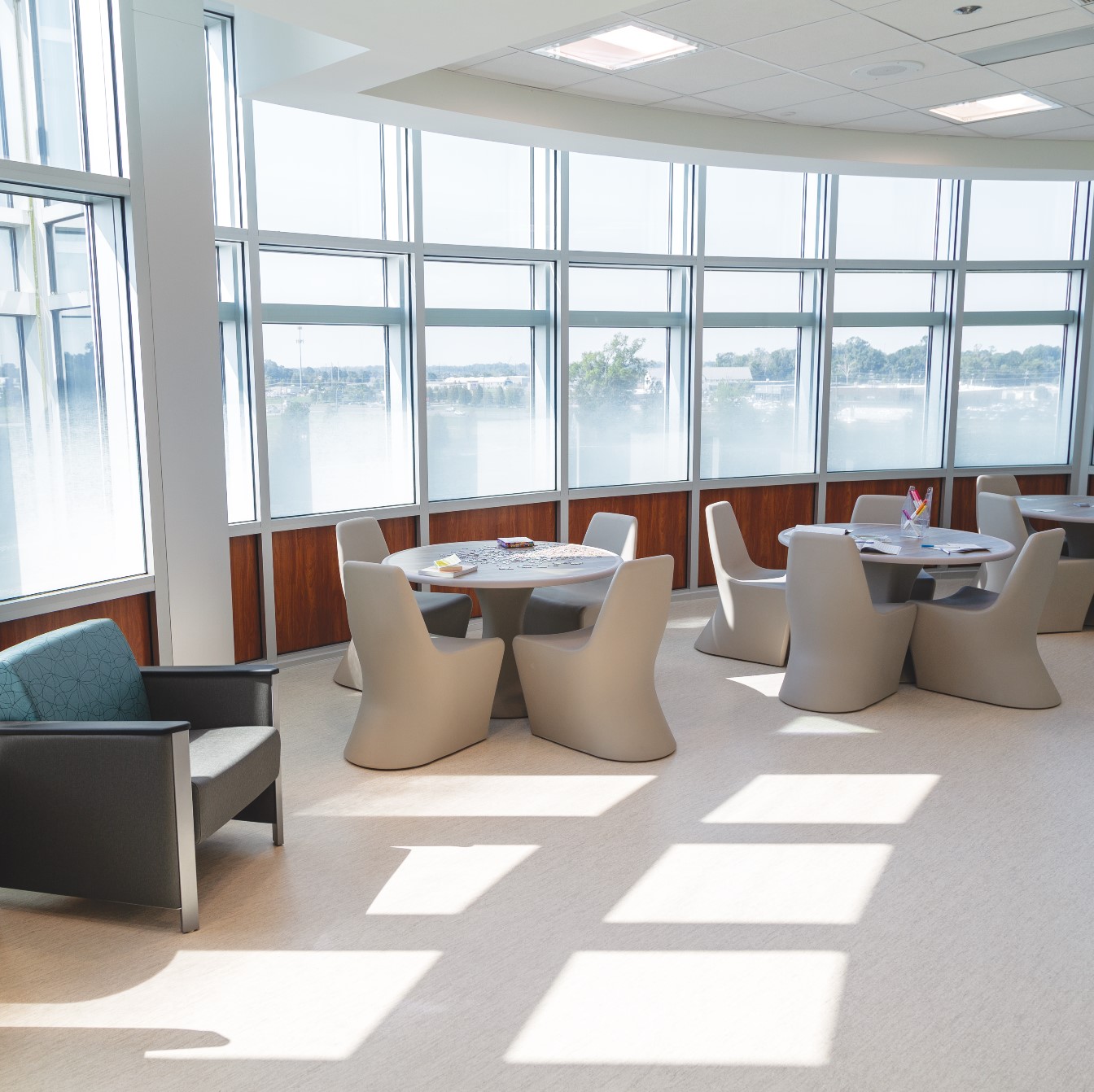
She purchased beautiful receiving blankets. Got everything monogrammed. Daniel and her husband even arranged for Sarah Margaret to be baptized shortly after birth by the priest who married them.
But about six to eight months later, Daniel could hardly get out of bed. Nothing interested or motivated her. She couldn’t stop crying.
“I didn’t associate it with postpartum because I didn’t have a baby. … Finally it clicked with me,” she says. “I was like, ‘Oh, this is postpartum depression—it’s just gone deeper this time.”
Daniel was connected with Flechas in the outpatient setting. He helped her create a game plan and gave her experience validation.
“I had in the past gone to a general physician, but they weren’t a psychologist, and they didn’t know how to help me,” Daniel says. “Dr. Flechas, he’s very in tune with how to help me and how to encourage me, as far as baby steps.”
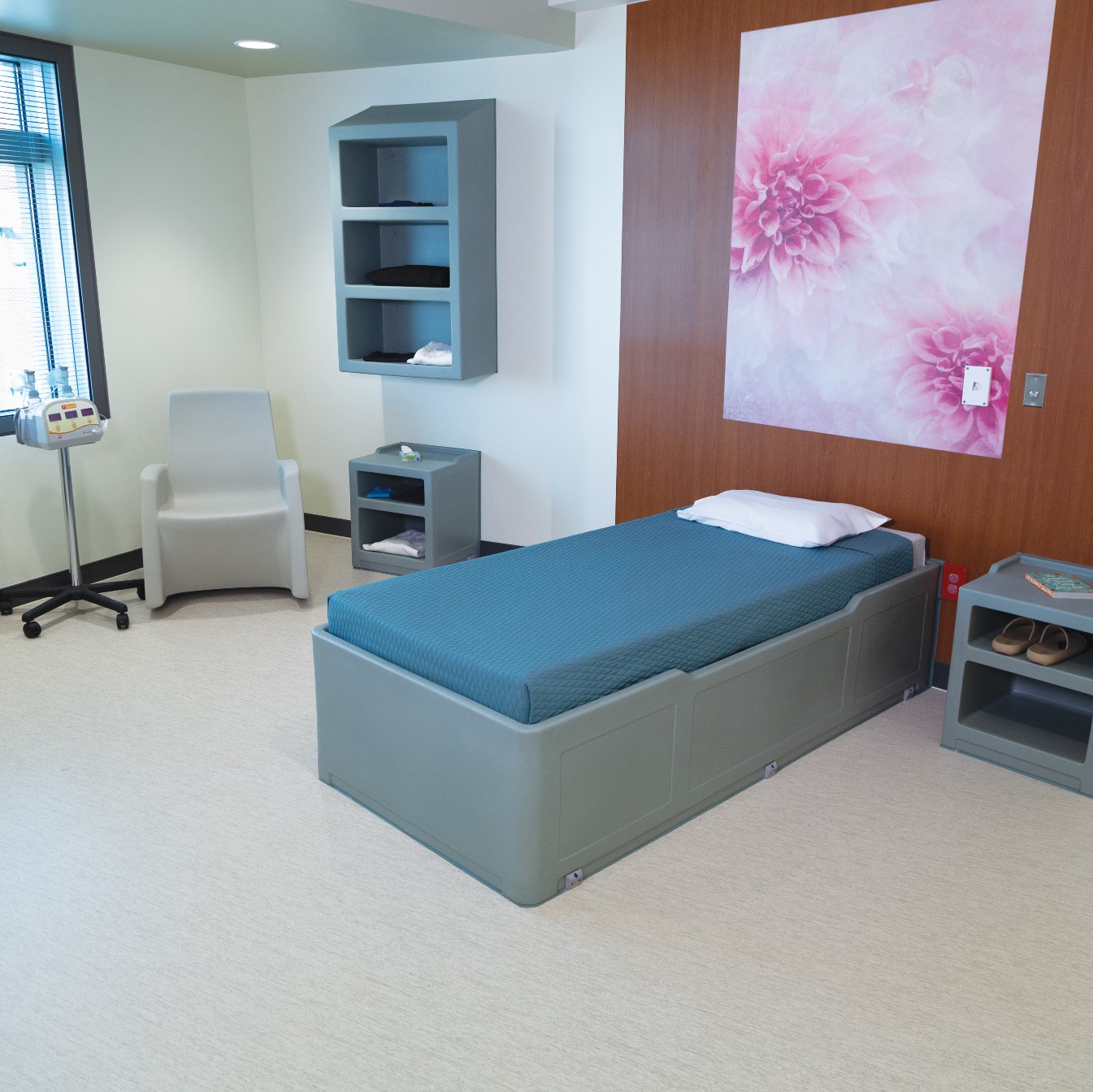
The PMHU offers a more specialized level of care, according to Dr. Kelly Cannon, director of inpatient perinatal psychiatry at Woman’s.
Women ages 18 and older who are pregnant, up to one year postpartum or have suffered a pregnancy loss within the last year and have acute psychiatric needs can be admitted. Here, they’ll benefit from lactation consultants, recreational therapies like yoga and gardening, spiritual care, socialization and group therapies along with individualized help from psychiatric-trained nurses, doctors and mental health professionals, and onsite OBGYN treatment.
Cannon says the facility expands access to care, particularly for pregnant mothers, as many other mental health care facilities limit admission of women carrying babies past 28 weeks of gestational age. Pregnant mothers will be given priority for spots at the PMHU. And the unit was modeled to have 75% of patients on Medicaid, matching the demand Woman’s sees elsewhere in the hospital.
“What’s so special about this unit is that if you’ve got a mom who’s pregnant and they’re needing acute inpatient psych treatment, oftentimes they will go to facilities that are not able to address the OB care needs,” Cannon explains. “So that’s where this unit being in this hospital is such a huge benefit, because we have all the OB support here.”
Additionally, with an all-women unit, organizers believe mothers will feel more comfortable sharing and connecting with other patients during such a vulnerable chapter of their lives. While at the same time, special considerations will be made for each woman going through treatment, particularly those who have experienced loss.
Individual rooms—also a rare find in mental health facilities—are equipped with postpartum essentials like hospital-grade breast pumps to support moms who wish to breastfeed, rocking chairs, and special components to help moms get adequate sleep.
Mitigating the risk of self-harm, the leading cause of maternal mortality in the country, was also considered in each space’s design via weighted furniture, double-hinged doors and other features.
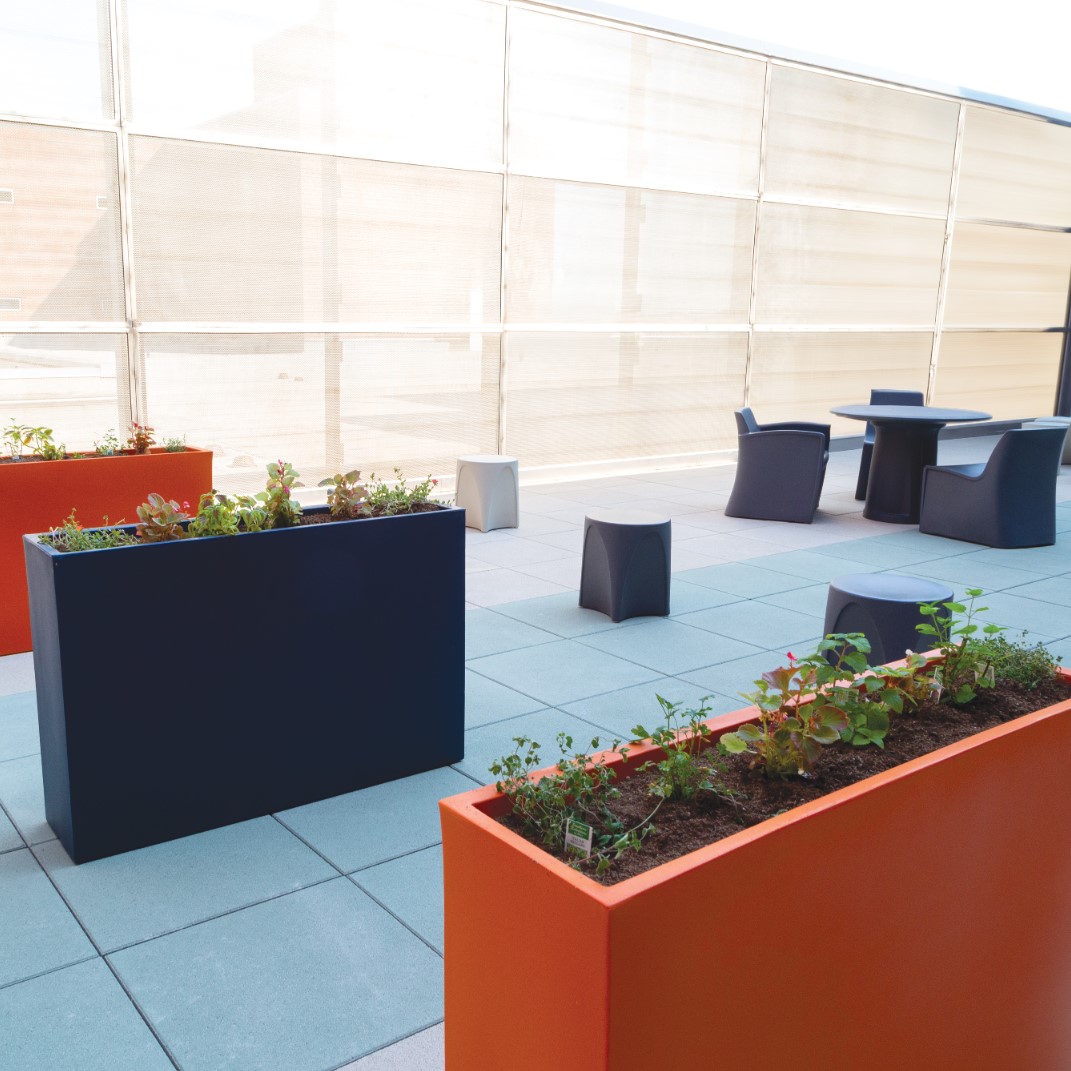
“Private rooms are so special and unique. Most psych units do not have that luxury,” Cannon says. “And it’s just wonderful that patients will have their own little sanctuary space to be able to heal.”
Daniel imagines moms like herself who struggled. She sees the new unit as a tool for them. Because in her experience, any additional help would have been a “blessing not a burden.”
Mother-baby
Mighan Johnson, 36, was working at a local, now-closed proprietary college when she gave birth to her first son nine years ago.
As an adjunct professor, she wasn’t provided benefits or maternity leave. She worked up until she gave birth—she went into labor at her office—and returned about a week later.
But Johnson quickly realized this setup wasn’t going to work for her. She remembers being unable to let others care for her son, too fearful that something might happen to him. She also struggled with panic around how much he was eating and how much breastmilk she was able to produce.
Eventually, Johnson was able to make a change at her job so that she could care for her son during the day and teach night classes while her fiancé could watch the baby. But even still, her anxiety reached new heights. The stress, in turn, caused her body to produce less and less breastmilk. It created a vicious cycle of worry.
“I knew I needed to see a therapist when my milk supply started to decrease,” she says. “I was so stressed even though I had a freezer full of milk that was prepared. Something hit me and I was like, ‘This isn’t really normal.”
Johnson saw a therapist a few times through her Medicaid insurance and was diagnosed with postpartum anxiety.
Today, following the birth of her second son, she says two things made the biggest difference in her mental health. She hired local doula service Maternal Love to prepare for an unmedicated delivery, which she says taught her how to “release and relax” in all areas of life.
A job change—she’s now an assistant program manager for the state—also afforded her maternity leave.
“It was definitely a blessing to not have to rush and to be able to slow down and spend that time to bond and to let my body heal,” she says today.
Protecting that bond is a major component of the PMHU. Unlike in most mental health facilities, new mothers are allowed daily visitation time with their baby over the about two weeks that organizers predict the typical patient will stay.
This supports those who wish to breastfeed, boosts bonding, and it could make mothers more open to seeking help, organizers say.
“Being a mother, if I’m struggling mentally, emotionally, physically, and I’m separated from my baby, I just can’t imagine anything more challenging,” says Cheri Johnson, the hospital’s executive vice president of patient care and chief nursing officer. “Being able to provide newborn visitation, which can’t be really done in a co-ed facility for safety reasons, it’s really unique to us. It really helps that mother-baby dyad, helps with healing, helps Mom.”
Many of the moms who spoke to 225 commented on how their mental health struggles impeded their ability to connect with their baby, or in some cases be fully present for their older children.
But proper healing, Johnson says, can change the entire “trajectory of families.”
Keana Bechet, 32, suffered a miscarriage before getting pregnant with her daughter in 2015.
“Because of the depression of the miscarriage, during my whole pregnancy, I was severely depressed and didn’t know it. I didn’t connect with my baby at all, because of me still dealing with the depression,” she says today.
At the time, Bechet was working two jobs and trying to graduate college and did not seek help. She says the guilt of not forming that connection carried over into her next pregnancy a few years later. But seeing a therapist eventually helped her work through the emotions surrounding her loss.
“I’m a whole different person,” Bechet, who welcomed her third child about a year ago, says today.
Britain also says seeking treatment has helped her and Goldie grow closer. She stopped breastfeeding, which resolved her D-MER, and also sought counseling for postpartum anxiety, which developed separately. She’s expecting her second child next year.
“The thing that I love the most about (healing) is the connection that I have with my daughter,” she says. “It feels like there’s finally not something standing in the way.”
And for Daniel, her focus has been on getting better for her older children. She realizes now she was likely struggling with her mental health following the pregnancies of her older living children and after a miscarriage in 2017. She says she’d had a lot of “down days” and never sought help. But now she’s glad she did.
“(Flechas) assured me this is not forever,” Daniel says. “(He said,) ‘This is what we’ve got to do to get you back to being you, and so you can be a good mama for your kids on Earth.’”
And as for her connection to Sarah Margaret, that looks different. But it’s just as meaningful.
“Everyone talks about rainbow babies after you have a loss,” she says. “I feel like Sarah Margaret was my butterfly baby. I feel like I’ve grown so much.” womans.org
Moms on call
Local women share their experiences with perinatal mental health conditions
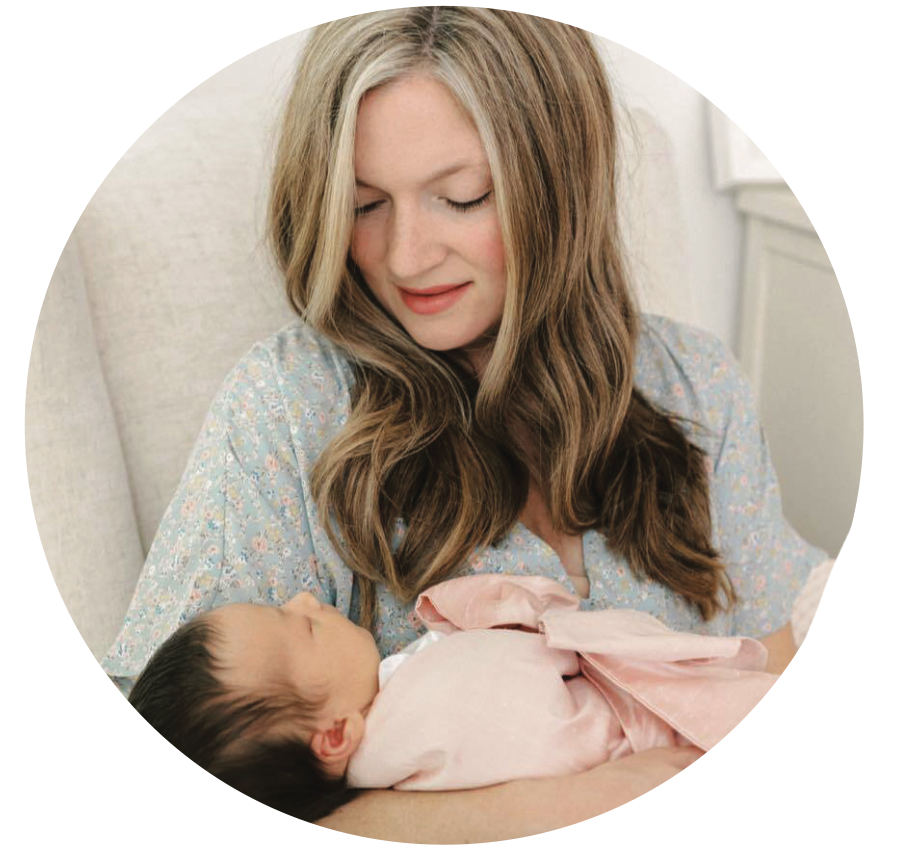
“I remember sitting there and looking at (my diagnosis) being like, ‘How did I fail this bad?’ Your first thought is that it’s your fault. … (But) this isn’t something that’s going to define you forever.”
—Shannon Dirmann, 37, who was diagnosed with postpartum depression, anxiety and OCD after the birth of her first child. The mom of three, who’s now pregnant with her fourth, is an attorney and shares about her experience on her Instagram page @encouragementisbliss.
“All you hear is ‘that’s just associated with pregnancy.’ … (And) postpartum is handled so haphazardly.”
—Cassidy Lee, a 39-year-old educator and librarian, who says she was misdiagnosed with postpartum depression and struggled with pain and other issues during her pregnancy due to fibroids and ongoing health concerns. She says she had to advocate for herself.
“A lot of times, we are nervous about asking questions and really advocating for ourselves, especially African American mothers. … Be prepared for the unexpected, but also be kind to yourself. ”
—Mighan Johnson, 36, who was diagnosed with postpartum anxiety after the birth of her son nine years ago. She recently gave birth to her second son and said working with local doula service Maternal Love helped her learn to “release and to relax.”
“What I needed to heal was some validation that it was a chemical imbalance. … The main thing to know is it’s not always going to be this way. Because when you’re in it so deep, you just feel like that is what life is going to be.”
—Caitlin Daniel, 33, who suffered from postpartum depression after the birth of her daughter Sarah Margaret in 2022. Sarah Margaret died about an hour after birth due to a congenital condition.
“I felt like I was alone, and the only title that I had was ‘mom.’ Like I lost my own identity. … You never get to clock out of that job.”
—Keana Bechet, a 32-year-old mom of three who left her job to stay home with her children following the birth of her son about a year ago. She says she was diagnosed with severe depression during and after her pregnancies. Her most recent postpartum experience came with new challenges as she left the workforce.
“There’s not just one picture of PPD or PPA and all these big acronyms.”
—Melissa Dean, 35, who works in development. Dean began to experience episodes of rage after the birth of her second child. She was diagnosed with premenstrual dysphoric disorder, which can worsen after pregnancy. She says the episodes led to “scary” thoughts but that medication has helped her become a better wife and mom.
This article was originally published in the October 2024 issue of 225 Magazine.
|
|
|
